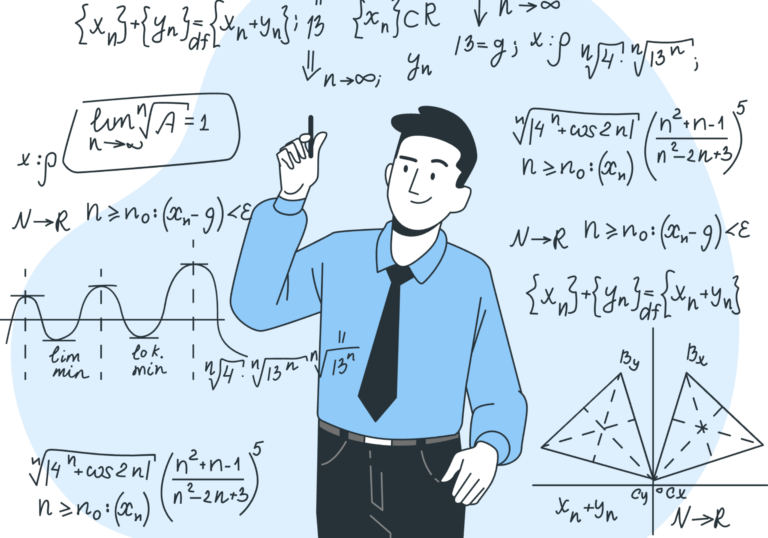How to end a rhetorical analysis essay? 7 tips for college students
Creating the perfect conclusion for a rhetorical analysis essay is akin to orchestrating the grand finale of a symphony. After analyzing speeches, advertisements, or essays to discover the relationship of ethos, logos, and pathos, one stands on the threshold of conclusion, ready to share resonant thoughts.
This guide is designed to help weave together findings and reflections into a persuasive conclusion that not only reflects the results of the analysis, but also helps the reader better understand rhetoric. So let’s look at how to create a conclusion that will resonate long after the last word is read.
What is a Rhetorical Analysis Essay?
A rhetorical analysis essay delves into texts, speeches, advertisements, or even cartoons, scrutinizing not just the language but the rhetorical techniques used to persuade the audience. This analysis centers on the author’s methods and style rather than the content itself, assessing how effectively the author engages and sways the audience toward their objectives.
Structurally, the essay comprises an introduction that presents the thesis, a body that breaks down the text into sections to explain how each part supports or constructs the argument, and a conclusion that summarizes the evaluation. It works like in a Argumentative essay writing service. Importantly, such essays require objectivity, focusing solely on analysis rather than personal opinions about the argument’s merits.
Why do you need a rhetorical analysis conclusion?
A conclusion in a rhetorical analysis essay is crucial, serving to synthesize the main points and reaffirm the thesis, ensuring the essay’s coherence. It recaps the analysis of rhetorical strategies, reinforcing the most compelling insights. This section not only ties the entire argument together but also strengthens the reader’s understanding of the significance of the rhetorical tactics discussed.
Moreover, a well-crafted conclusion leaves a lasting impression, emphasizing the influence of rhetoric in shaping perceptions and arguments. It offers a space for reflection on broader implications or unanswered questions, enriching the reader’s engagement with the subject.
While skipping the conclusion might seem like a shortcut, it actually leaves the analysis incomplete and the readers unsatisfied. Conclusions are essential for rounding out the essay, providing closure and making the argument feel complete. Therefore, a rhetorical analysis without a conclusion is generally seen as lacking.
Tips for Writing a Conclusion rhetorical analysis essay
- Reinforce the Thesis: Begin your conclusion by restating your thesis, but with a fresh twist to show how the body of your essay has supported it.
- Synthesize Key Points: Summarize the main rhetorical strategies you discussed, demonstrating how they contribute to the effectiveness of the text. This helps the reader see the cumulative impact of these strategies.
- Provide Closure: Offer a concise wrap-up of your analysis, ensuring you leave no new ideas or loose ends. This should feel like a natural end to your discussion.
- Highlight the Significance: Explain why your analysis is important. Consider the broader implications of the rhetorical strategies used, such as their impact on the audience or their role in the context of the text.
- End with a Thoughtful Remark: Conclude with a reflective thought or question that invites further consideration. This can be a thoughtful insight into the text’s broader relevance or a comment on the effectiveness of specific rhetorical techniques.
- Avoid Common Pitfalls: Keep your conclusion free from clichés and generalities. Focus on providing a sharp and clear synthesis of your arguments rather than diluting your conclusion with vague statements.
- Call for Action or Further Research: If applicable, suggest areas for further research or action that could be taken based on the analysis. This is especially effective if the text has social or political implications.
Rhetorical Analysis Explained
A rhetorical analysis is an approach that involves dissecting a piece of non-fiction writing into distinct sections to closely examine how each section functions independently and in conjunction with others to persuade the audience in a specific way. This analysis assesses the objectives, strategies, and examples employed by the author, evaluating the effectiveness of these methods. Importantly, conducting a rhetorical analysis does not necessitate agreement or disagreement with the author’s argument; rather, it focuses on analyzing how the argument is constructed and its persuasive efficacy.
What is the correct rhetorical analysis essay format?
The standard format for a rhetorical analysis essay mirrors that of typical essays: an Introduction that introduces the thesis statement, a Body that critically examines the piece of communication by detailing how the arguments are constructed and how each section persuades, informs, or entertains the reader.
It concludes with a Conclusion that synthesizes the findings from the analysis, providing a cohesive summary of the insights gained.
Rhetorical analysis essay conclusion examples
Political Speech Analysis Conclusion:
“In conclusion, the politician’s speech effectively mobilized ethos, pathos, and logos to resonate deeply with the audience. By weaving personal anecdotes with statistical evidence, the speech not only humanized the speaker but also substantiated their arguments, enhancing credibility. The strategic use of emotional appeals tapped into the audience’s values and fears, compelling them to act. This rhetorical prowess underscores the speaker’s ability to influence public opinion and drive political action, reaffirming the power of rhetoric in political arenas.”
Literary Work Analysis Conclusion:
“The author’s use of allegory and irony in the narrative serves not merely as stylistic devices but as profound rhetorical tools to critique societal norms. The subtle interplay between the characters’ dialogue and the overarching thematic elements invites readers to reconsider their preconceptions about the theme of the work. This analysis reveals how the author’s rhetorical choices forge a deep connection with the reader, challenging them to explore complex truths about human nature and society, thereby underscoring the transformative power of literary rhetoric.”
Final Words
Preparing a conclusion for rhetorical analysis involves broadening your horizons and considering the broader implications of the text. By integrating this broader analysis, you strengthen the depth of your essay and potentially increase your overall score. This approach not only captures the attention of the audience, but also helps you create a more complete essay by concluding your reasoning with a significant conclusion. For those who need extra assistance, our Premium Essay Writing Service can provide expert guidance to help you to create a compelling ending.

Nicole Hardy
Article Author
Nicole Hardy is renowned in the fields of education and the arts journalism, particularly known for her detailed and insightful reporting on performing arts education. With a career spanning over a decade, she has established herself as a respected authority in this area. Hardy’s work is recognized for its in-depth analysis and engaging writing style. She holds a Master’s degree in Journalism from the University of Arts, specializing in arts and culture journalism.



